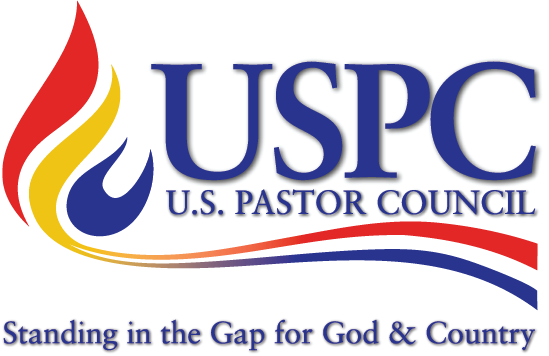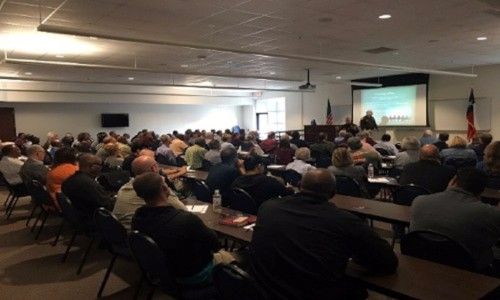
In 1954, Texas Sen. Lyndon Johnson proposed an amendment to the Internal Revenue Code that has strangled the free speech and religious liberty of churches and the pastors who lead them ever since.
The so-called Johnson Amendment, passed simply by voice vote in the Senate, prevents tax-exempt organizations from participating or intervening in “any political campaign on behalf of (or in opposition to) any candidate for public office.” To this day, the IRS judges what constitutes prohibited political activity based “on the facts and circumstances.” Hardly an objective standard.
The Washington Post, the day after its passage, published an article on its front page describing the amendment as one that “would withdraw tax-free status from any foundations or other organizations that attempt to ‘influence legislation’ or dabble in politics on behalf of any candidate for public office.”
While the legislation seemed innocent enough, Johnson’s motivations may have been less than pure. In the midst of his primary election, Johnson introduced his now-infamous amendment targeting ...

